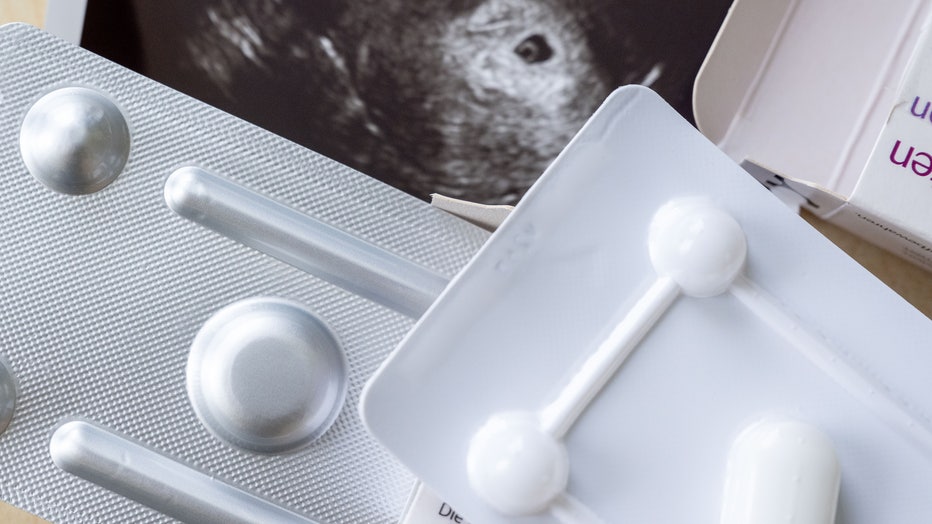Louisiana abortion law would make mifepristone controlled, dangerous substance

SCOTUS hears oral arguments in abortion pill case
Emma Waters with the Heritage Foundation joins LiveNOW's Andrew Craft with more insight after the Supreme Court heard oral arguments Tuesday over abortion pill access.
BATON ROUGE, La. - Louisiana lawmakers have passed a bill to make mifepristone and misoprostol, better known as the "abortion pills," a controlled, dangerous substance. The state’s governor is expected to sign it into law, making it the first of its kind in the nation.
People could face jail time and thousands of dollars in fines if they possess either drug without a prescription. The classification as a Schedule IV drug – the same class as drugs like Valium and Xanax – would require doctors to have a specific license to prescribe the drugs. The drugs would also have to be stored in certain facilities, which could make them harder for rural clinics to access.
In addition to inducing abortions, mifepristone and misoprostol have other common uses, such as treating miscarriages, inducing labor and stopping hemorrhaging.

Medication to terminate a pregnancy can be seen in a gynecologists office in front of an ultrasound image. The two drugs are often used in combination to perform a medical abortion.Photo: Hendrik Schmidt/dpa (Photo by Hendrik Schmidt/picture alliance
Supporters say the new legislation would prevent people from unlawfully using the pills, though language in the bill appears to carve out protections for pregnant women who obtain the drug without a prescription for their own consumption.
Opponents, including more than 200 doctors who penned a letter to the state’s lawmakers, say such restrictions could cause delays in doctors prescribing and patients obtaining the drugs.
RELATED: Federal rule issues time off for pregnancy care, abortions
"These medications touch on maternal health, which, as we’ve all discussed for several years now, is really bad in Louisiana," state Rep. Mandie Landry, a Democrat, told the Louisiana House when she argued against the bill.
Louisiana has a near-total abortion ban in place, which applies both to medical and surgical abortions. The only exceptions to the ban are substantial risk of death or impairment to the mother if she continues the pregnancy or when the fetus has a fatal abnormality.
Louisiana has one of the worst maternal mortality rates in the country, and since the state’s near-total ban was enacted, pregnant women have undergone risky, unnecessary surgeries, been denied timely treatment for miscarriages and ectopic pregnancies, and forced to wait until their life is at risk before getting an abortion, according to a report published in March.
The report found that doctors are being overly cautious to avoid even the appearance of providing an abortion.
The Associated Press contributed to this report.

